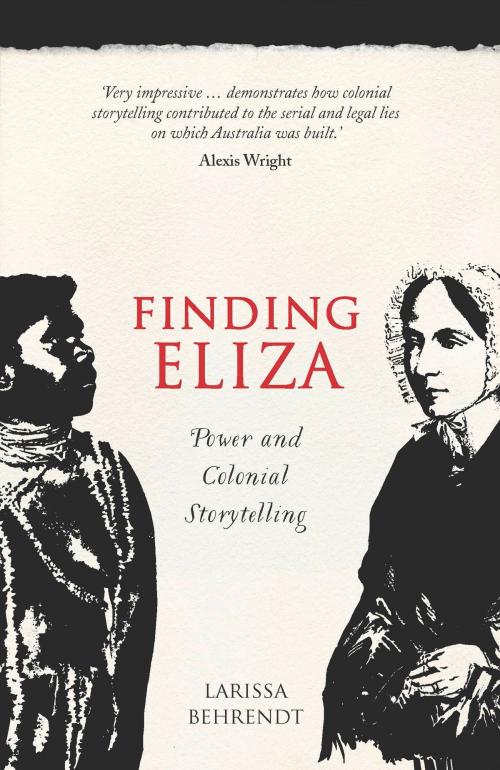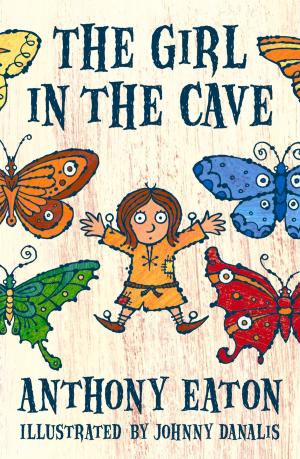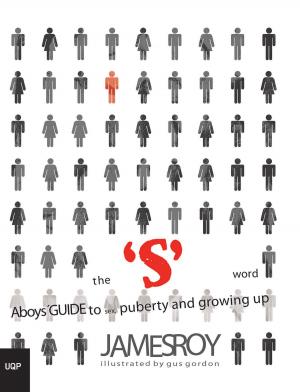Finding Eliza
Power and Colonial Storytelling
Fiction & Literature, Literary Theory & Criticism, Australian & Oceanian, Nonfiction, History, Australia & Oceania| Author: | Larissa Behrendt | ISBN: | 9780702256318 |
| Publisher: | University of Queensland Press | Publication: | February 1, 2016 |
| Imprint: | University of Queensland Press | Language: | English |
| Author: | Larissa Behrendt |
| ISBN: | 9780702256318 |
| Publisher: | University of Queensland Press |
| Publication: | February 1, 2016 |
| Imprint: | University of Queensland Press |
| Language: | English |
A vital Aboriginal perspective on colonial storytelling Indigenous lawyer and writer Larissa Behrendt has long been fascinated by the story of Eliza Fraser, who was purportedly captured by the local Butchulla people after she was shipwrecked on their island in 1836. In this deeply personal book, Behrendt uses Eliza’s tale as a starting point to interrogate how Aboriginal people – and indigenous people of other countries – have been portrayed in their colonizers’ stories. Citing works as diverse as Robinson Crusoe and Coonardoo, she explores the tropes in these accounts, such as the supposed promiscuity of Aboriginal women, the Europeans’ fixation on cannibalism, and the myth of the noble savage. Ultimately, Behrendt shows how these stories not only reflect the values of their storytellers but also reinforce those values – which in Australia led to the dispossession of Aboriginal people and the laws enforced against them.
A vital Aboriginal perspective on colonial storytelling Indigenous lawyer and writer Larissa Behrendt has long been fascinated by the story of Eliza Fraser, who was purportedly captured by the local Butchulla people after she was shipwrecked on their island in 1836. In this deeply personal book, Behrendt uses Eliza’s tale as a starting point to interrogate how Aboriginal people – and indigenous people of other countries – have been portrayed in their colonizers’ stories. Citing works as diverse as Robinson Crusoe and Coonardoo, she explores the tropes in these accounts, such as the supposed promiscuity of Aboriginal women, the Europeans’ fixation on cannibalism, and the myth of the noble savage. Ultimately, Behrendt shows how these stories not only reflect the values of their storytellers but also reinforce those values – which in Australia led to the dispossession of Aboriginal people and the laws enforced against them.















